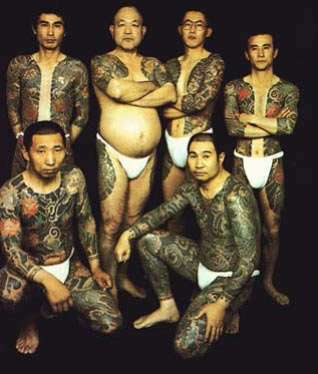“Overseas dramas” are as popular as ever here in Japan, and thousands of fans follow American series like Damages or Boston Legal by renting DVDs from shops or watching the episodes that are broadcast on TV, usually late at night on NHK. There are many concepts in these courtroom dramas that must be hard for Japanese viewers to follow, however, due to the differences in the legal systems of Japan and the U.S. One of these differences — the lack of cases being heard by a jury of average citizens — will be changing soon, as the Japanese government prepares to roll out its “lay judge” system in 2009. Envelopes have been mailed out to 295,000 citizens informing them that they’ve been chosen as potential jurors in the new system, meaning that they can be called upon to appear in court to start hearing cases. The new system, in which groups of six jurors and three professional judges will decide the guilt or innocence in serious crimes like murder or arson, has been put in place in part due to Japan’s embarrassment at its sky-high rate of convictions of 99%. The idea of whether average Japanese citizens can perform the duties of American-style jurors is a complex one. On the one hand, there is the school of thought that the group-minded Japanese might find themselves going with the opinion of the larger group for social reasons, rather than because they genuinely think the person in question is guilty or innocent. On the other hand, I’ve known many contrarian Japanese who would likely take an opinion different from everyone else just to show how headstrong they can be, which would cause all kinds of problems. Will the lay judge system work? I’m frankly not sure, but I think it’ll be a useful exercise for every Japanese who takes part in it.
















